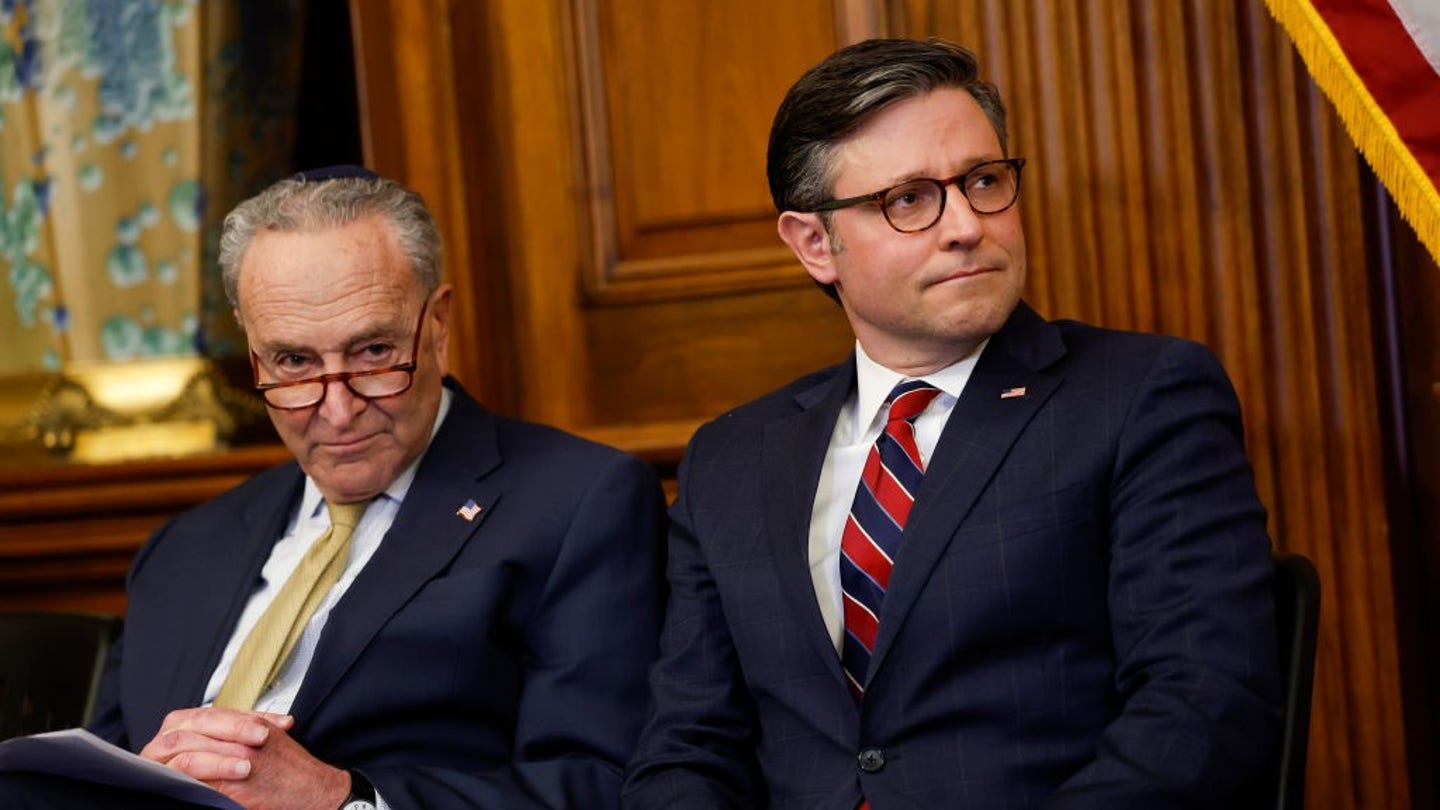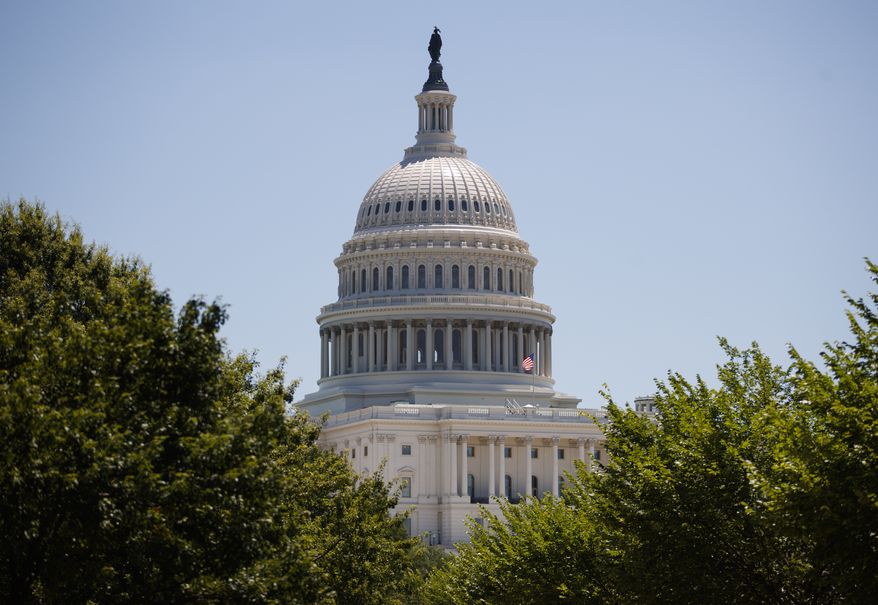Congress announces government funding deal, readies to end monthslong government shutdown battle

The last-minute issues regarding Homeland Security funding have been resolved.
Negotiators in Congress have reached a deal to fund the rest of the FY24. This ends a bitter political battle that has lasted for nearly a year.
The text of the “minibus” package, which combines six funding bills into one, is expected to be released in the next few days. This package will need to pass both the House and Senate votes before President Biden can sign it into law. The six previous bills, totaling 12, were approved earlier this month.
Multiple sources informed Fox News Digital on Monday that five of the six bills had been completed, but disagreements still remained regarding legislation to fund Department of Homeland Security.
|
An aide to the House GOP leadership said that as of Monday evening, all remaining issues, including funding and policy, had been resolved.
The FY24 budget process can now be completed with the agreement on DHS funding. House and Senate committees are preparing bill texts to be released and considered by the full House of Representatives and Senate as quickly as possible”, Speaker Mike Johnson (R-La.) announced on Tuesday.
The bills include funding for Department of Defense and Homeland Security as well as State Department and Foreign Operations, the Legislative Branch, Health and Human Services, and the Department of Education.
Fox News Digital reported that a source with knowledge of the discussions had told House Republicans on the GOP Whip Team to prepare for possible votes on minibuses on Thursday or Friday.
The question of how to finance the government has caused the perilously small majority in the House GOP to fracture. Republican hardliners are calling for a government shut down to force Democrat-controlled Senates and White Houses to accept conservative policies. They even attempted to weaponize procedural votes that are normally sleepy to stop House floor proceedings, and embarrass their own members by destroying Republican messaging bills.
Even a partial shutdown could result in furloughs for thousands of federal employees and the abrupt halt of dozens of vital federal programs. Both Democrats and Republicans have historically been negatively affected by shutdowns.
While a tentative agreement has been reached, it appears that the fight is far from over. House Freedom Caucus Chairman Bob Good, R.Va. and Rep. Chip Roy R.Texas led 41 other House Republicans to sign a letter on Monday night urging them to vote against funding packages that include money for DHS but do not also include the GOP’s H.R. border security bill. 2.
Democrats have deemed this bill non-starter because it contains provisions such as Remain in Mexico, which would greatly expand the border agent’s expulsion power.
The House must introduce an appropriations bill that includes the core elements in H.R. The letter states that if Republicans do not reject the appropriations package (or anything similar) that is slated to be before the House, they will actively fund Biden’s “open borders” policies. We ask that you join us and reject the appropriations bill (or any similar package) before the House, which will fund these policies directly.
House GOP leaders are likely to avoid any procedural hurdles that could sink the bill. Instead, they will be expected to speed-track the process by suspending the rules and putting the package on the House Floor for a vote.
It will probably get enough Democratic votes and Republican votes before it moves to the Senate.
Johnson also has to contend with a promise that was made by the House GOP leadership prior to his appointment as speaker – to allow lawmakers 72 hours to examine a bill. If Johnson doesn’t sidestep these rules, then the earliest that a Tuesday release could allow a vote would be Friday.









No Comments